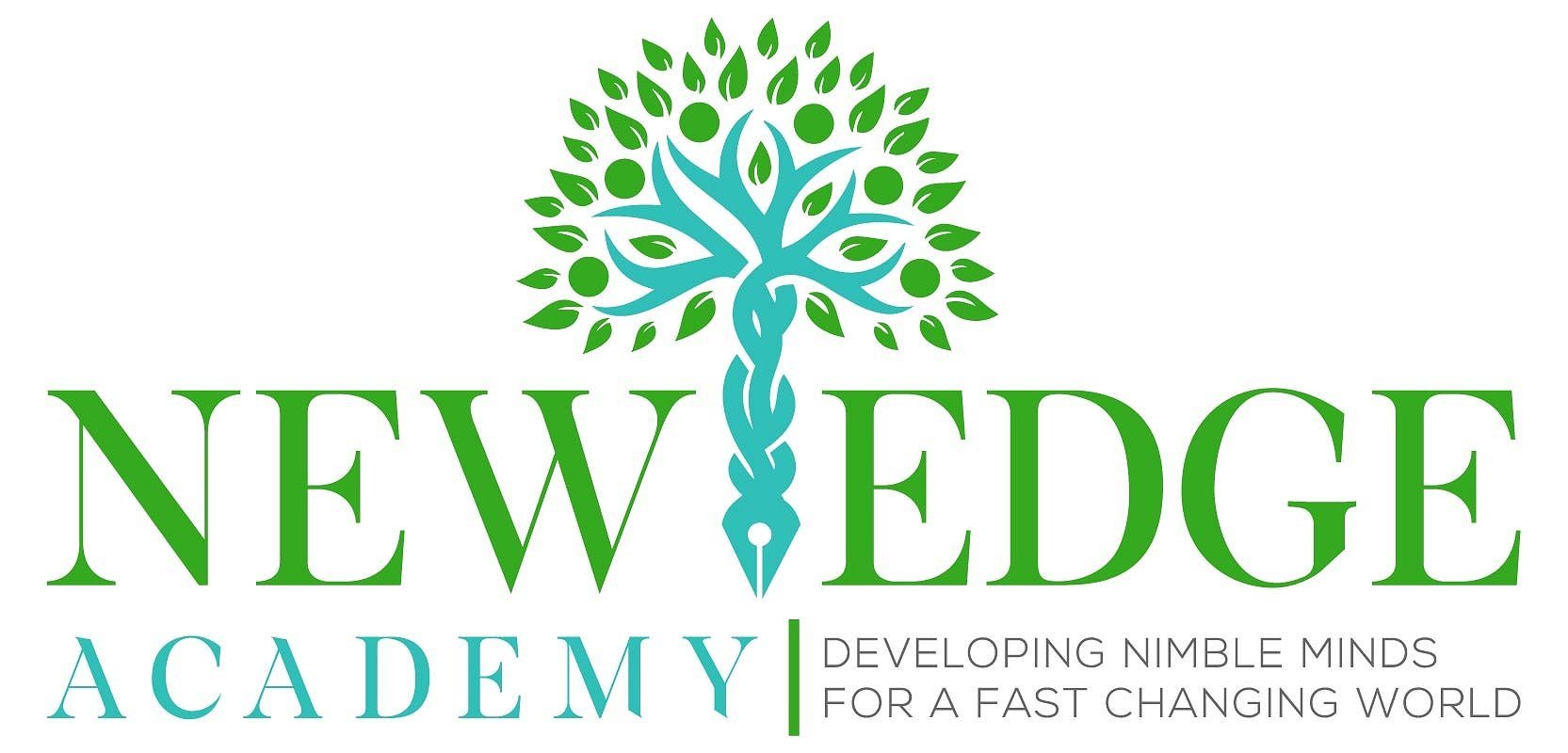“B is for What? or Why Settle for Meh?”
From our earliest days in school, before we are even aware that we exist, we learn that it feels really good when you get work back with an A on top. We learn to love those As. Pretty soon, we become distressed if we don’t get an A. Or if we never get an A, we can become fearful or apathetic. We start to hate all the other grades, because they are less than that A. We start to view lower grades as failures and judge ourselves as not adequate and beat ourselves up. But why? What does each of those grades actually mean? Are we ranking intelligence? Are we ranking ability to gather and process information in exactly the way demanded by the teachers? Against whom are we ranked? It is a very unsettling way of moving forward with knowledge.
I prefer 2 grades, A for Accepted and DA for Do it Again. The grades are negotiated between the facilitator and student. When everybody feels the project meets the criteria set out to measure our goal attainment, it is deemed acceptable, and we move on, feeling great about our project.
I teach the academic disciplines through projects and activities to cement learning standards into personally relevant context for the students. When we first look at doing a project, we identify the big picture and then break that into small, attainable goals, and sequence them with dates that are a comfortable distance away, but not so far in the future that we lose our propulsion.
It is important to clearly identify the goals and the benchmarks it takes to get there. There is a wonderful feeling when you check boxes off lists of tasks, completed. When the goals are clear the process marches along organically. It is also important to stay nimble. Life changes quickly. Circumstances crop up when and where you least expect them to. It is important to learn to scan the horizon looking for trends and opportunities, and be ready to take them, quickly. These are the kinds of skills that will prepare the students of today to be able to find their way into their own best lives.
This grading system of A and DA translates beautifully into relevance for adult life. There is a habit formed by questioning every project you complete. Students will learn to not release a project until they feel it is acceptable. That is a habit that helps you get the most from life.
